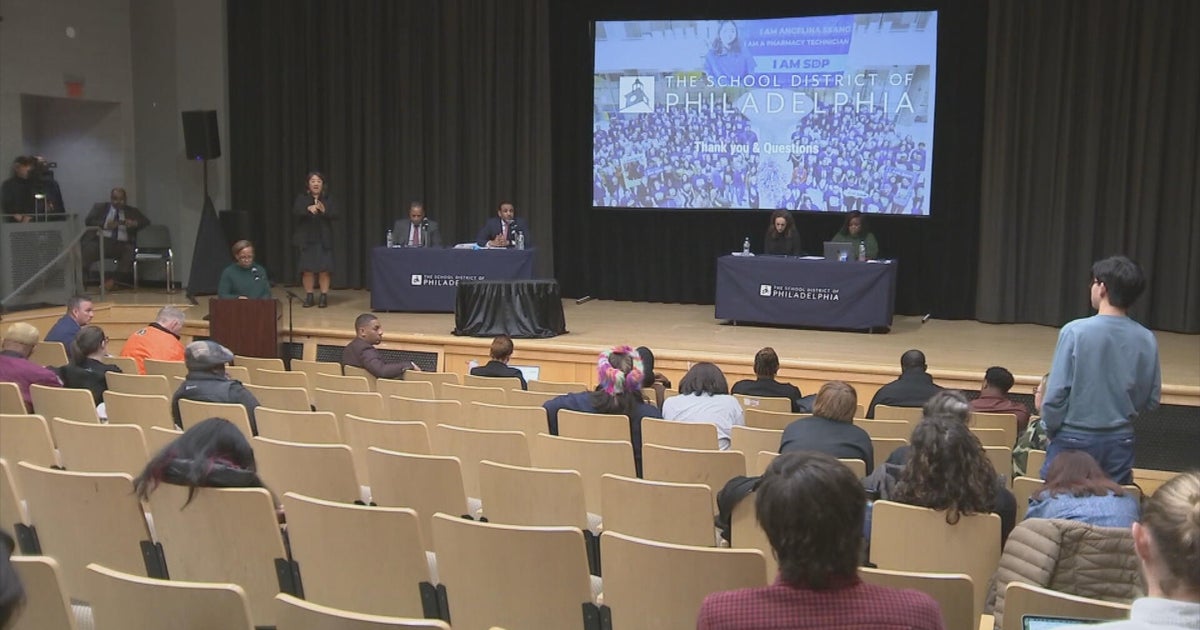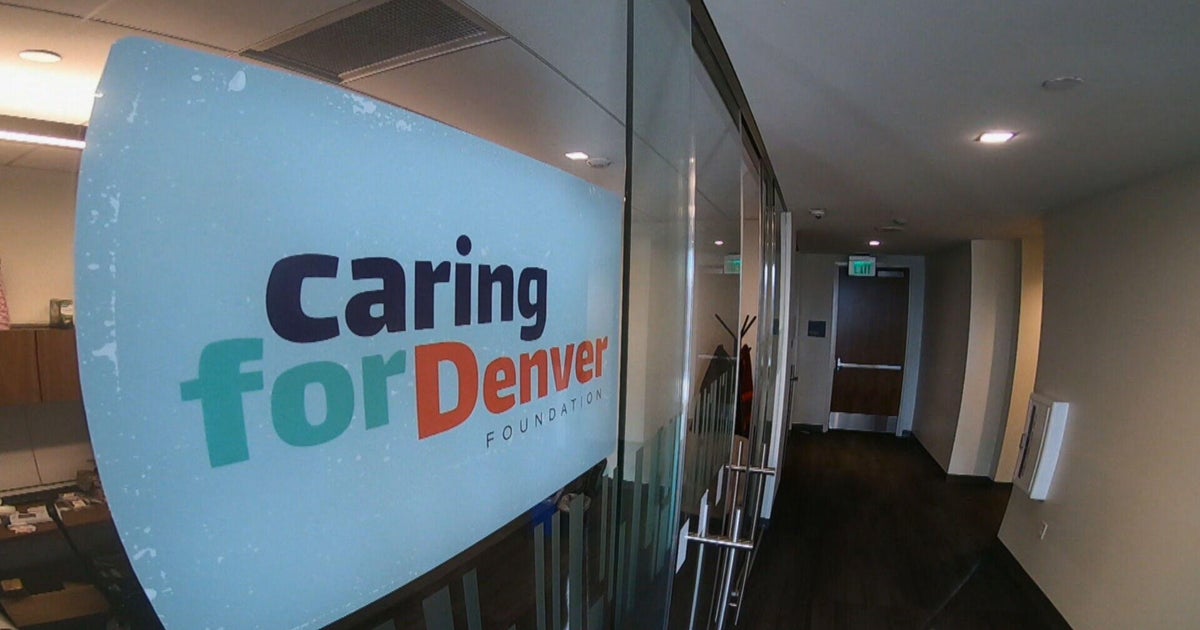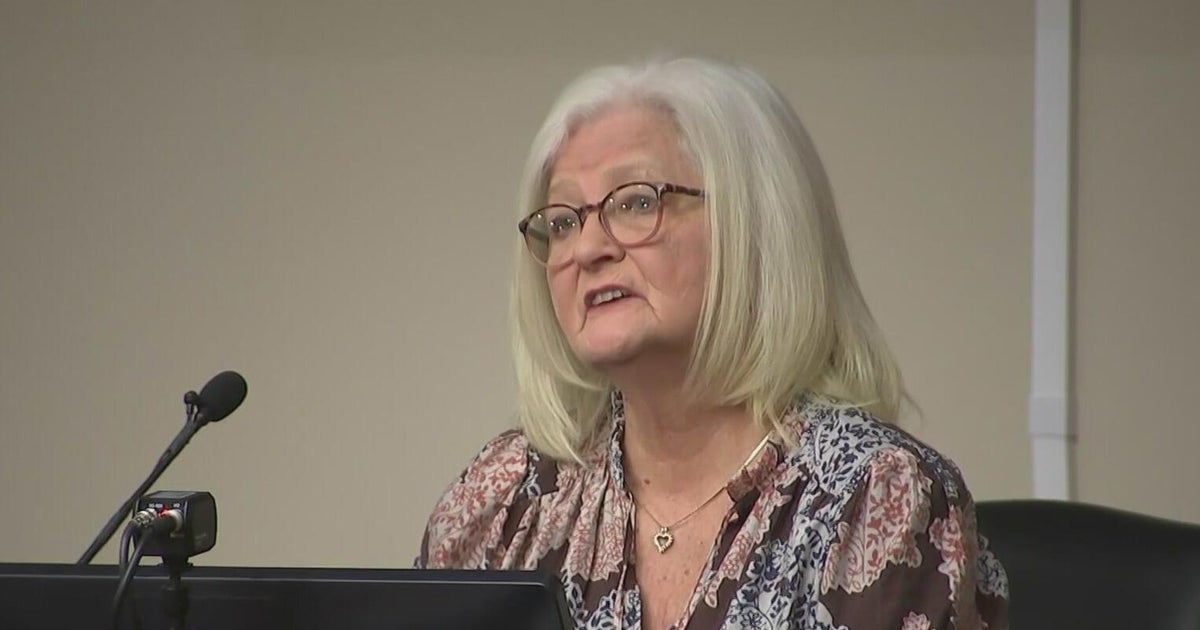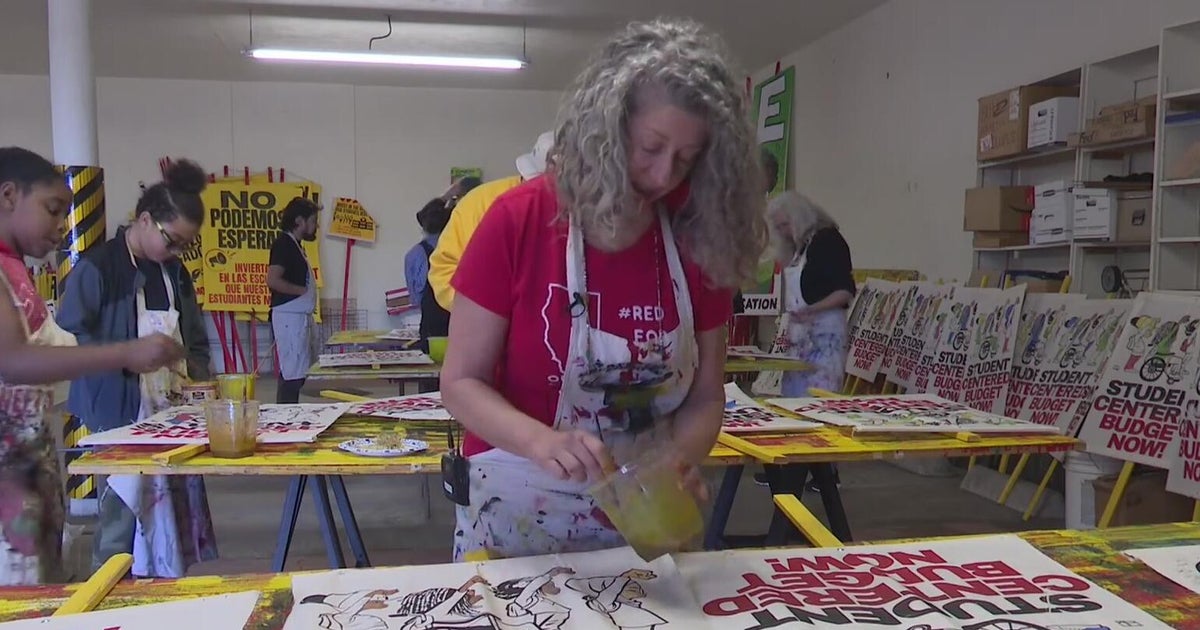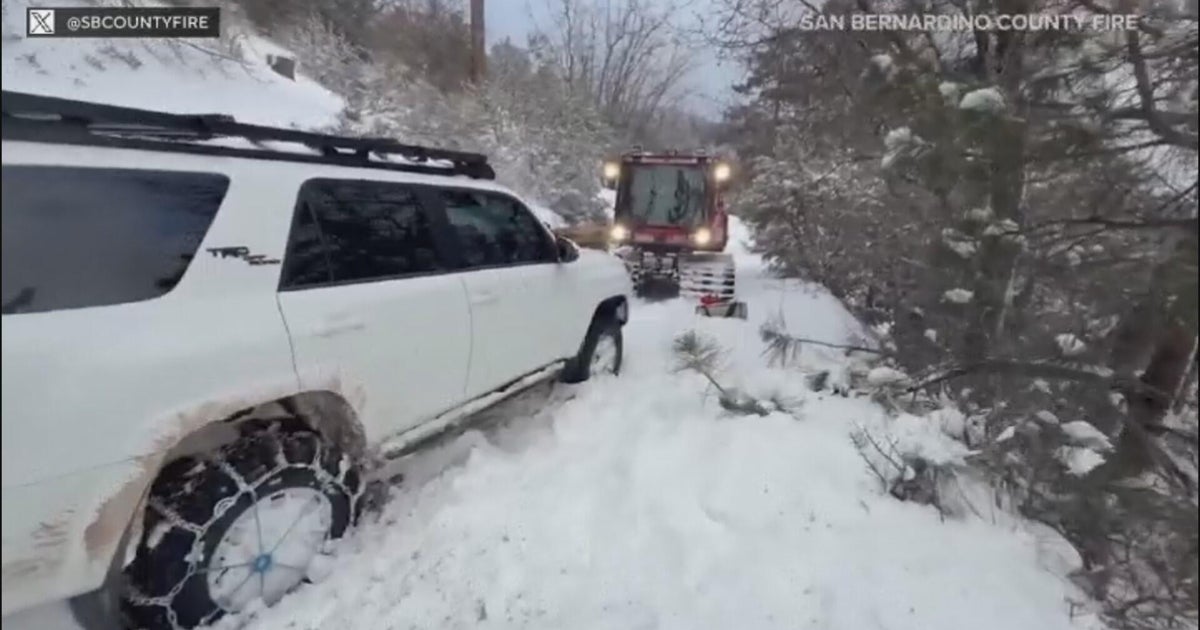Preparing Your Child: Grade School to High School
Heading to high school is an exciting time, but it's also a time of change. With change comes plenty of concerns, and not just for parents. Your kids are going from being a big fish in a small pond -- middle/grade school -- to a little fish in a very big pond in high school. They may have more independence in high school, but that independence isn't without its challenges, and your teens will need your help to prepare -- even if they don't ask for it.
"Many of the middle school students I work with have a love/hate relationship with the new found independence and anonymity of high school," says Laura Singleton, who works for College OPTIONS, a department of UC Davis. In particular, Singleton works as a GEAR UP site coordinator for a grant that provides intensive support and services to middle school students to increase academic preparation, graduation/persistence rates, and enrollment in post-secondary education. "As is often the case in middle schools, students have a large support system of teachers and other school-site personnel. When they move up to the high school, much of that support system changes or disappears all together."
With the support system changing, concerns arise. And according to John Tyler -- a retired guidance counselor who worked for 40 years as a counselor in Maine Township District 207 and Gordon Tech High School in the Chicago area, "The kids have some universal, genuine concerns, but they have been the same ones for many years. There are also very positive things the kids are anticipating. They are excited about meeting new friends and taking the risk of trying new activities."
While counselors, like Tyler, often make visits to eighth graders to prepare them for the big move from grade/middle school to high school, both Tyler and Singleton recommend that parents provide some guidance to their teens before that first day of school.
Your teen's concerns about heading to high school
In general, kids have a variety of concerns that range from the academic to the personal, including:
- Workload
- Navigating the new campus
- Time management
- Finding new friends and dealing with older kids and peer pressure
- Making a sports team
- Gangs and drugs
"We spend some of the time dispelling rumors about the high school," Tyler reports of the counselors' annual visits with eighth graders. "One of the primary concerns is the worry about gangs, drugs, bullying issues, and thefts. The counselors reassure them that we have excellent safety measures and control of the school environment staffed by deans, counselors, administrators, police and safety monitors and the general teaching staff is trained, by law and the school board policy, to intervene in any mishaps or extenuating circumstances."
As for the other more every day concerns, Singleton thinks that getting involved in extracurriculars is key, as after-school activities are great for teenagers' "personal and social development." After all, extracurriculars that focus on deepening your child's interests will help them have an more enjoyable high school experience.
"And these interests set them up well for scholarship opportunities when they are seniors!" Singleton says. "School-sponsored extracurricular activities can help keep students accountable to academics, and teach valuable skills that often cannot be found in a classroom. Remind your student that everything he/she does in high school is setting them up for their future, and it is their choice to make it a good one!"
At the same time, talk to your kids about managing their time so that they don't become overwhelmed by both coursework, their sports, and other after-school activities. Extracurriculars are also a great way for teens to alleviate their worries about making new friends, Tyler says.
What other ways can parents prepare their kids for the "unknown"?
Talk to your kids: First and foremost, communication is key. While it may be intimidating to talk to your 14-year-old -- who is transforming into a young adult with strong opinions and ideas -- it's worth being persistent. "Do not assume that someone else will talk to your child about these situations," Singleton advises. "Discuss your feelings about drugs, alcohol, and sex, and the peer pressure that surrounds each of these topics in high school. The exposure to these topics at the high school level is much greater than in middle school, and the more your child knows, the better informed he or she will be. And an informed student is well-equipped to make better decisions."
Tyler offers similar advice and suggests providing an "open forum," both formal and informal, and engaging your kids in conversation to give them a chance to express their concerns. "Parents should also discuss the positives their kids are conveying about the high school experience they are anticipating," he suggests. "Listen and be encouraging. I also think kids love to hear some of the stories their parents can provide about their concerns when they attended school. It may be almost identical...adolescence is a common denominator and we all go through similar stages and experiences."
Talk to other parents: Networking with other parents can also give you ideas about what to talk to your kids about, Tyler advises. "Parents can also network with the parents that have upperclass level kids to inquire about their firsthand experiences. They could provide a wealth of information about what things to anticipate regarding the wide range of age groups that their kids have encountered."
Get to know the campus, and its resources: "Encourage your child to get to know their school campus, their teachers/counselors, and the resources that exist to help them academically," Singleton says. "Most schools have more resources for help than students realize!"
Tyler seconds that suggestion, and says, "Visit open house programs, which all high schools provide in the middle of the 8th grade year. Parents and the 8th graders get to walk about the building to see the facilities, hear about the many departmental requirements and electives and get a firsthand view of the extracurricular offerings." Even better, your kids can start to meet some current upperclassman at these events, as they're there to represent sports, clubs, and answer questions your teens might have.
Give them "what if" scenarios: "Talk about what they would do in a certain tough situation," Singleston suggests. "Give them 'what if' scenarios to work through, and be there to work through them together. Remember that high school is a time for young people to push boundaries and discover themselves, and while a certain amount of rebellious behavior is to be expected, you can be the stability and structure they crave."
Be encouraging, but respect their privacy: Last but most definitely not least, Tyler believes the great assistance a parent can provide a teen is showing a genuine interest in their high school experience by being encouraging. While keeping the lines of communication open is key, give them some privacy.
"But also reassure them that if they need help in any situation (academic, personal, social), they can come to you," Singleton says. "Some grade students pull away from their parents because 'parents just don’t understand.' You may not always understand, but you can be there to support your child and talk them through any issues they may encounter."
Elizabeth SanFilippo is a freelance writer, who enjoys trying new foods from all over the world. But her favorite city for culinary treats will always be Chicago. When not writing about food, she's scribbling novels, and TV show reviews and recaps. Her work can be found at Examiner.com.

